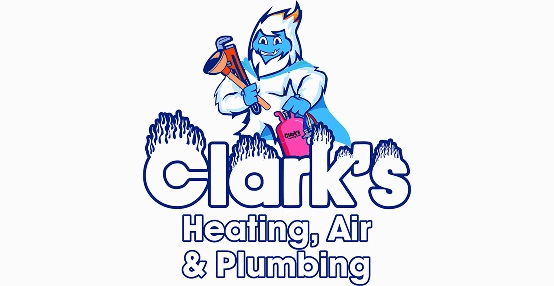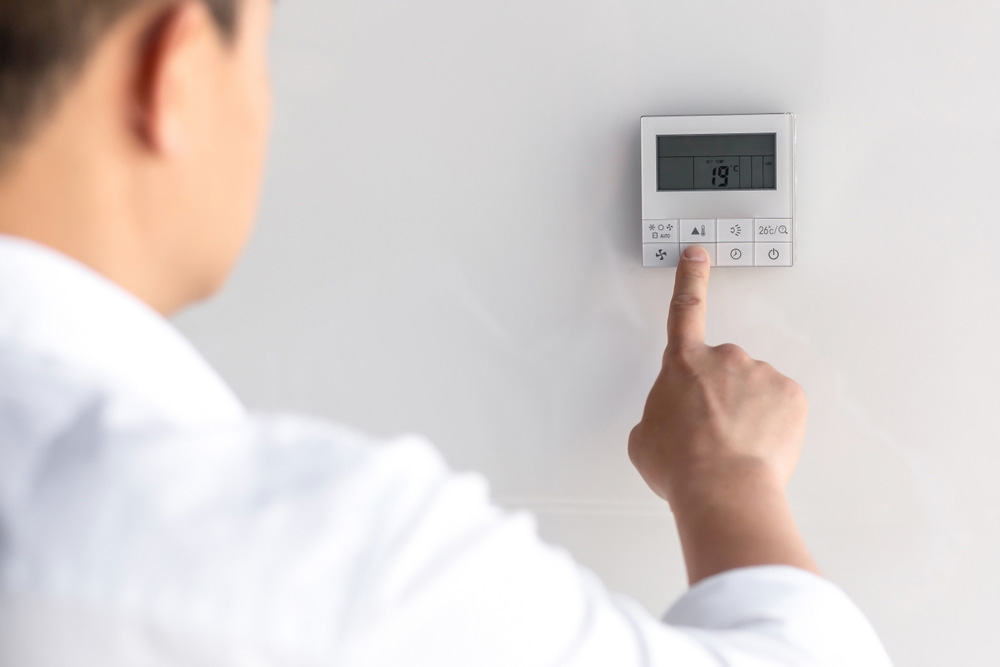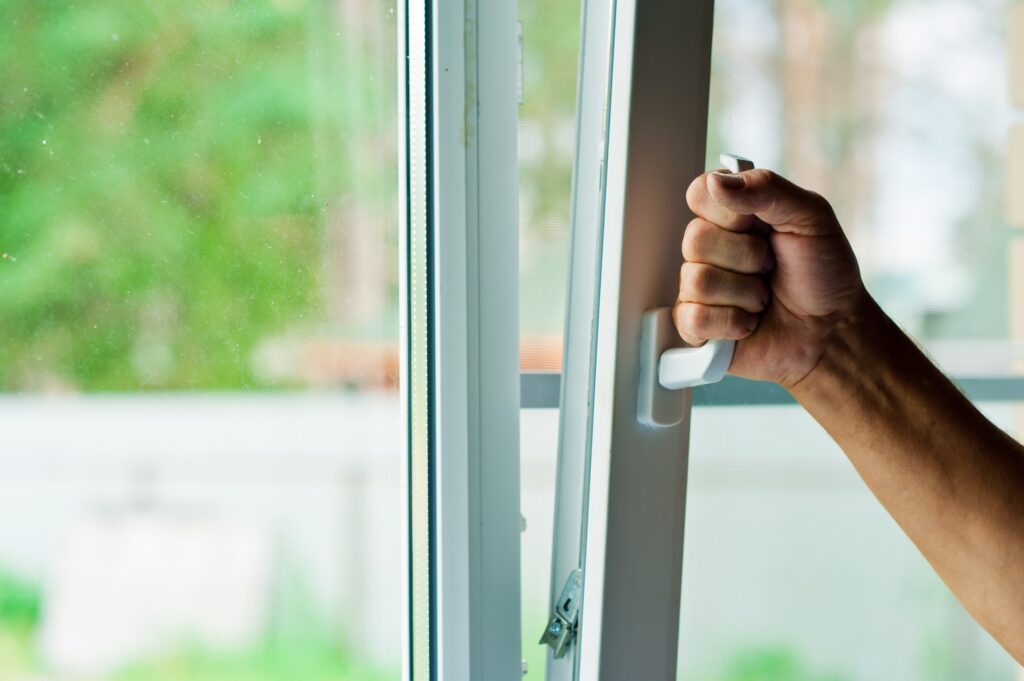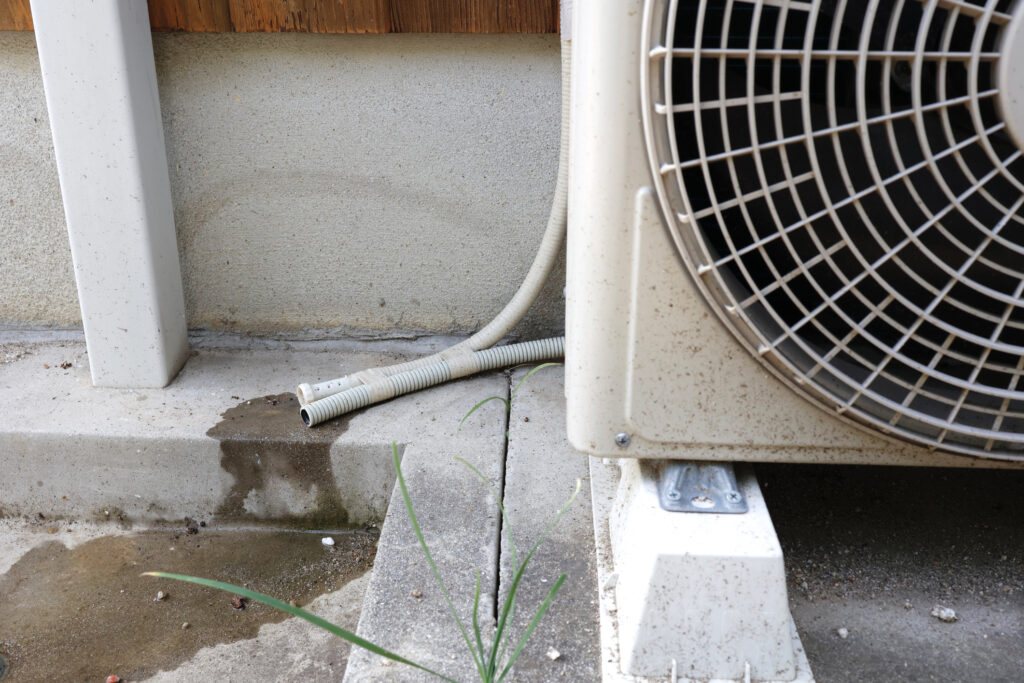Pros and Cons of Electric Heat Pumps
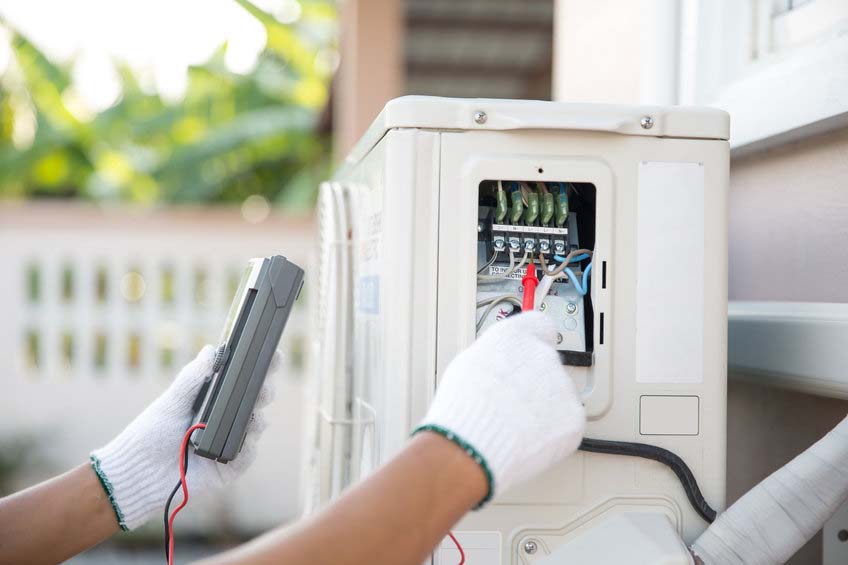
Whether you’re choosing an electric heat pump for your new home or encountering one for the first time, it’s important to understand how this type of appliance works to make the most out of it.
The team members at Clark’s Heating and Air are experts in all things related to home heating. In this blog, they’ll discuss the advantages and drawbacks of choosing an electric heat pump during your heating installation in Braselton, Georgia.
What Is an Electric Heat Pump, and How Does it Work?
An electric heat pump is an energy-efficient system that can both heat and cool your home, providing year-round comfort. Unlike traditional heating systems that generate heat by burning fuel, an electric heat pump works by transferring heat. During the winter, it uses electricity to extract heat from the outside air and move it indoors to warm your space. In the summer, it reverses the process, removing heat from inside your home to keep it cool.
Electric heat pumps consist of an outdoor and indoor unit working together with a refrigerant cycle to move heat from one place to another. This makes them highly efficient, as they require less energy to transfer heat than to generate it. Electric heat pumps are ideal for milder climates and are a great way to reduce your carbon footprint and lower your energy bills, all while keeping your home comfortable throughout the year.
Energy Efficiency
One of the main selling points of an electric heat pump is its energy-efficient operation. This type of heating system generally consumes far less energy than a standard furnace and works off the electricity that’s already being supplied to your home.
Versatility
Although the heat pump’s name only mentions its usefulness as a heater, these systems can also provide home cooling. This multi-function capability makes heat pumps popular for property owners in need of cooling and heating services. This type of all-around functionality is ideal for households that have varying needs in terms of indoor comfort.
Limited Operational Range
One of the downsides of electric heat pumps, however, is that even with proper heating maintenance and repair, most heat pumps are generally only suitable for use when outside temperatures are above 35 degrees. It’s helpful to have a backup system that provides heating when outside temperatures drop below this level.
Added Maintenance
Although heat pumps don’t usually require more heating repair work than other types of systems, there is some additional maintenance that’s needed to keep a heat pump in top operating condition. Even so, it’s nothing that your preferred HVAC contractor can’t handle.
Discover Your Indoor Comfort Options Today
Contact Clark’s Heating and Air to learn more about the various HVAC systems available. We’ll schedule an appointment to consult with you and recommend the best option.

